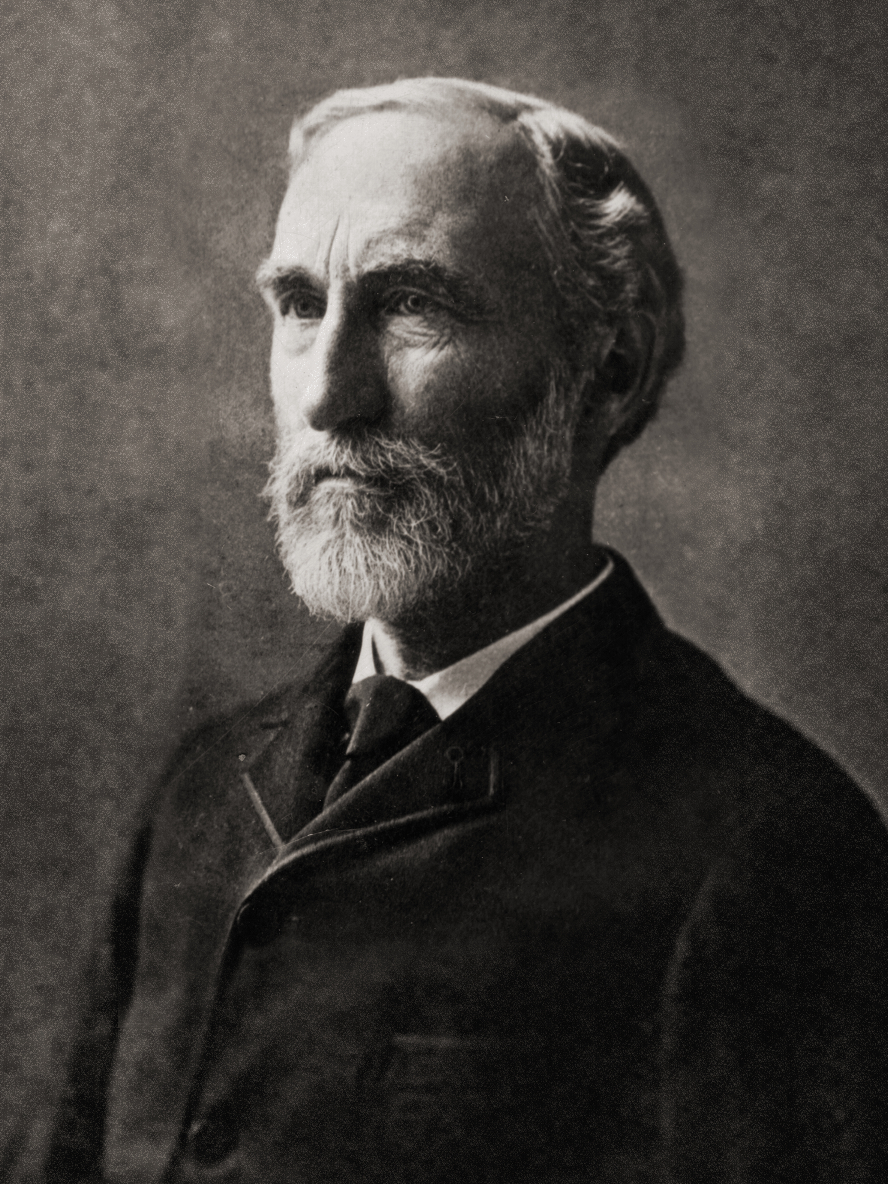Josiah Willard Gibbs amerikai tudós, aki a statisztikus fizika, a fizikai kémia és a matematika tudományok területén ért el kiemelkedő elméleti eredményeket. Termodinamikai munkásságával szilárd elméleti alapot szolgáltatott a fizikai kémiának, így nagy szerepet játszott induktív tudománnyá válásában. James Clerk Maxwell-lel és Ludwig Boltzmannal együtt megteremtette a statisztikus mechanikát , a termodinamika törvényeit pedig nagyszámú részecske statisztikus viselkedéséből, az ún. statisztikus sokaságból vezette le. Dolgozott a Maxwell-egyenletek optikai alkalmazásán, matematikusként pedig megteremtette a modern vektorszámítást .
1863-ban az Amerikai Egyesült Államokban elsőként szerzett mérnöki tudományokból doktorátust a Yale Egyetemen. 1871-től haláláig a Yale Egyetem matematikai fizika professzora. Amerikai elméleti tudósként elsőként vált nemzetközileg elismertté szakmájában, Einstein az „amerikai történelem legnagyobb elméjének” nevezte. 1901-ben az akkoriban legmagasabb kitüntetésnek számító Copley-éremmel jutalmazták a matematikai fizikában elért sikereiért.
Életrajzírói Gibbset rendkívüli eredményei ellenére igen szerény és csendes embernek írják le. Annak ellenére, hogy munkássága szinte majdnem teljesen elméleti jellegű, gyakorlati jelentősége a kémiai technológiai iparág megjelenésével vált egyértelművé a 20. század első felében. Robert Millikan szerint jelentősége a statisztikus mechanika és termodinamika területén Laplace égi mechanikai eredményeivel, valamint Maxwell elektrodinamikai teljesítményével egyenértékű.
Wikipedia
✵
11. február 1839 – 28. április 1903
